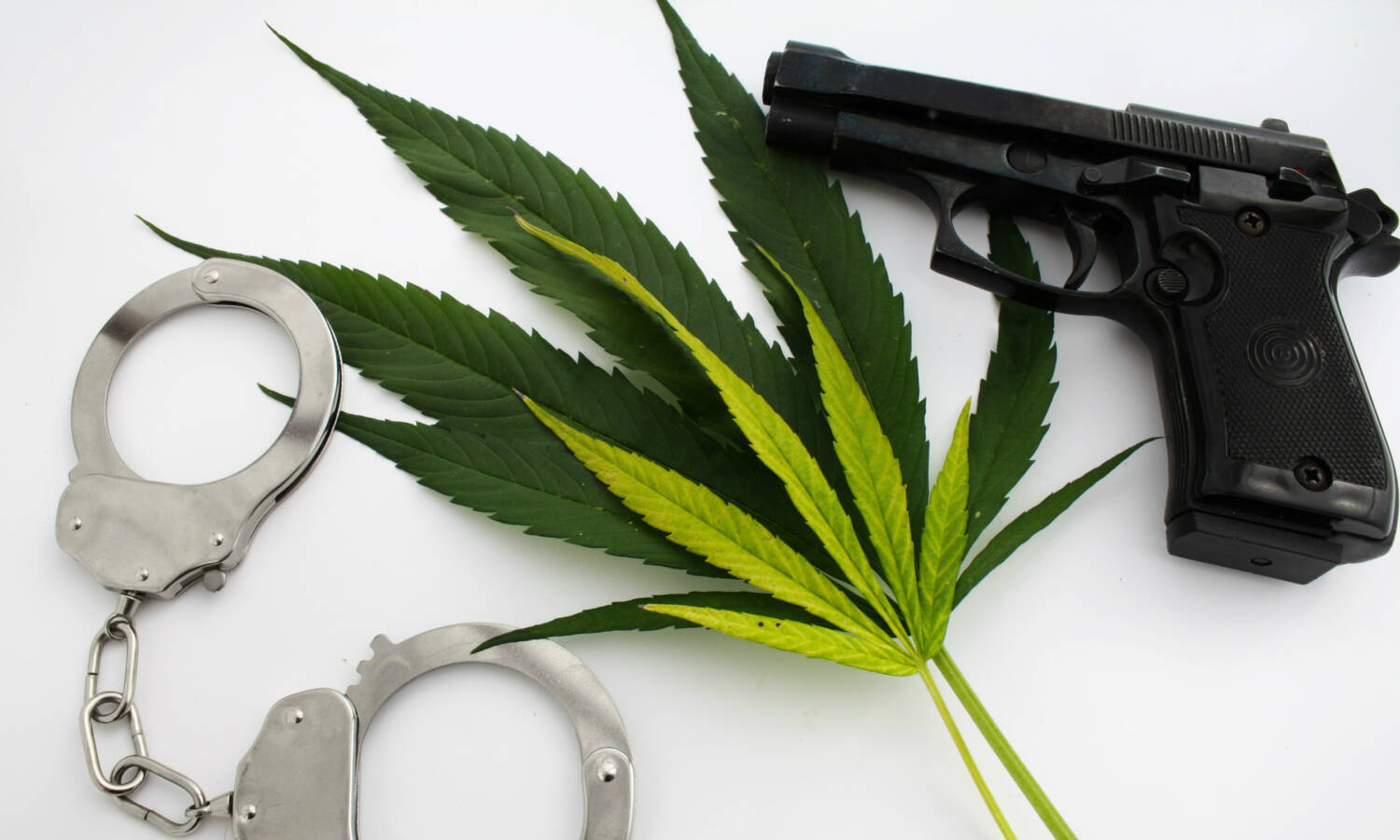In August, the DOJ asked a federal court to dismiss Fried’s lawsuit, arguing it would be too “dangerous to trust regular marijuana users to exercise sound judgment.”
By
A Federal Court dismissed Nikki Fried’s Second Amendment lawsuit against the federal government seeking to allow medical marijuana patients to buy and own firearms.
Fried is Florida’s agriculture and consumer services commissioner.
US District Judge Allen Winsor wrote in the Friday ruling that “Florida’s medical marijuana users are ‘unlawful user[s] of . . . [a] controlled substance,’ so this law makes it a crime for them to possess firearms.”

Background
Fried announced the litigation at the Benzinga Cannabis Capital Conference in Miami Beach on the 4/20 cannabis holiday.
The lawsuit argues that there is a conflict between state and federal law and that federal policy requires medical marijuana (MMJ) cardholders to choose between their state constitutional right to MMJ and their Second Amendment right.
“No patient should have to choose between medicine and employment, a roof over their head, access to capital or their Constitutional rights,” Fried said adding that the country’s marijuana policies are “irrational, inconsistent, and incoherent.”
RELATED: Why Do Medical Cannabis And Gun Ownership Rights Conflict So Often?
Fried, a medical marijuana cardholder and gun owner, explained that MMJ patients face felony charges if they lie about their marijuana use on a federal firearm application.
In July, Fried’s lawyers and other plaintiffs argued that under the recent SCOTUS ruling, the current federal policy banning those who admit to using marijuana in a background check could not be enforced.

In August, the DOJ asked a federal court to dismiss Fried’s lawsuit, arguing it would be too “dangerous to trust regular marijuana users to exercise sound judgment.”
RELATED: Florida Lawsuit Around Marijuana & Guns Heats Up: DOJ Compares Weed Users To Domestic Abusers
Fried stated that she was disappointed that the DOJ decided to “double down on harmful prohibition policies. DOJ’s argument is as offensive as it is inaccurate.”
“I will never stop looking for outside-the-box ways we can further this fight until we achieve full and equitable legalization,” Fried said at the time.
Dismissal Highlights
Now, several months after the DOJ urged a federal court to dismiss the lawsuit, the ruling came in, with the federal court siding with the DOJ. The core of the judge’s ruling lies in the argument that individuals who consume cannabis are engaging in illegal activity at the federal level, even though medical marijuana has been legalized at the state level. This makes for the precedent to refute their gun rights.
“Laws keeping guns from the mentally ill likewise flow from the historical tradition of keeping guns from those in whose hands they could be dangerous,” the judge wrote. “Plaintiffs recoil at being compared to the mentally ill…but one does not have to label marijuana users mentally ill to recognize that both categories of people can be dangerous when armed. Although the prohibition reaches those habitually using marijuana (even if not currently under the influence), habitual drug users are analogous to other groups the government has historically found too dangerous to have guns.”
Furthermore, Winsor explained that this right can be retrieved, saying, “unlawful drug users can regain their Second Amendment rights by simply ending their drug use.”
This article originally appeared on Benzinga and has been reposted with permission.


